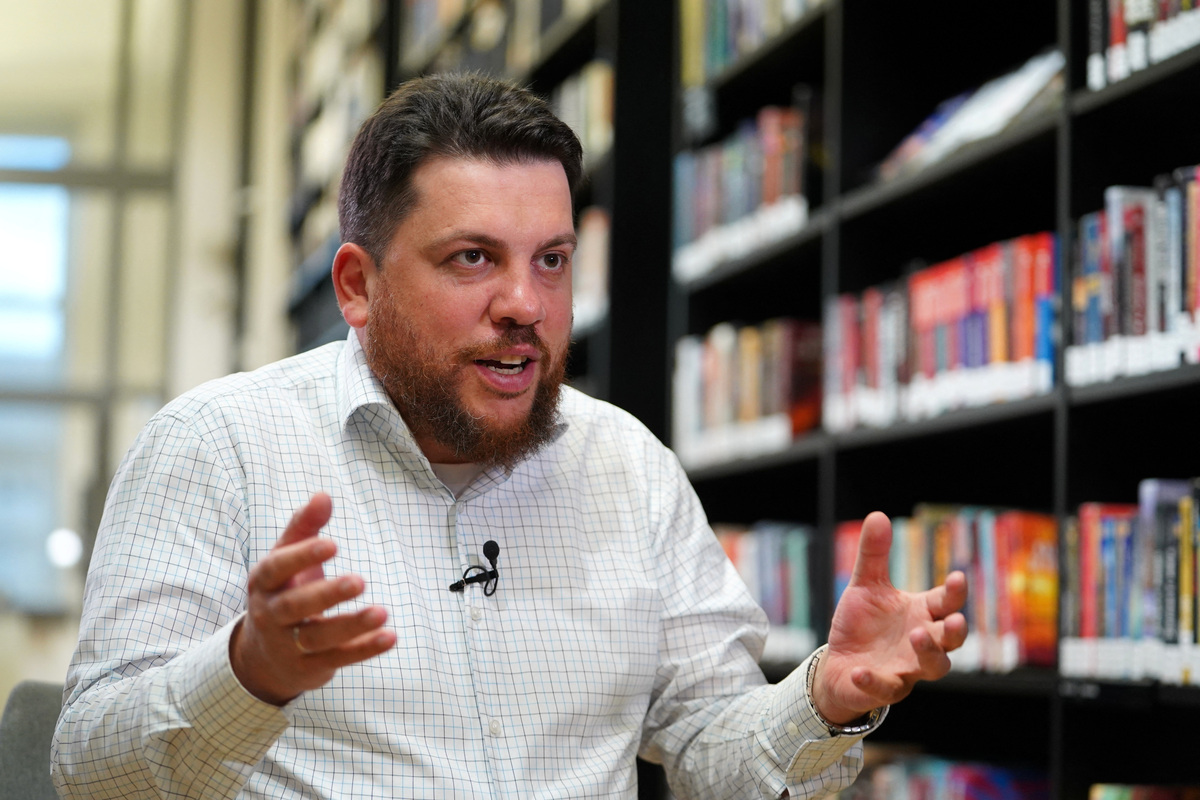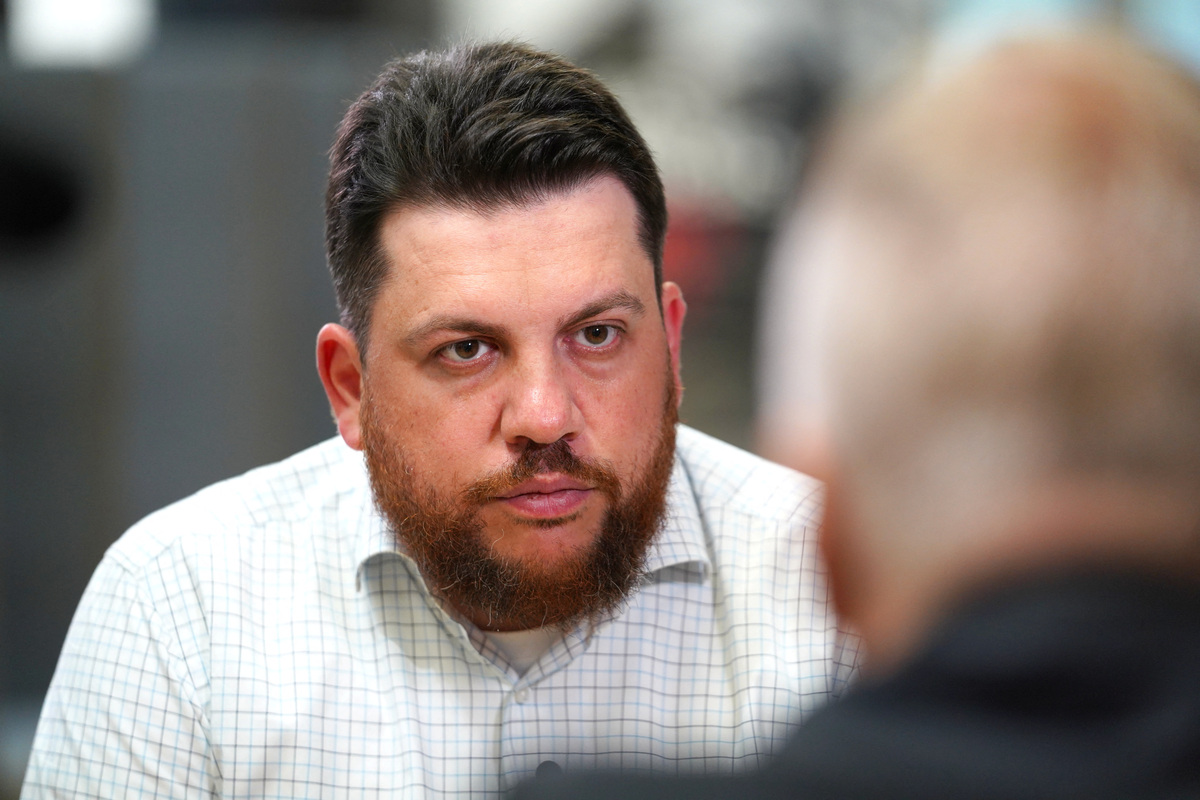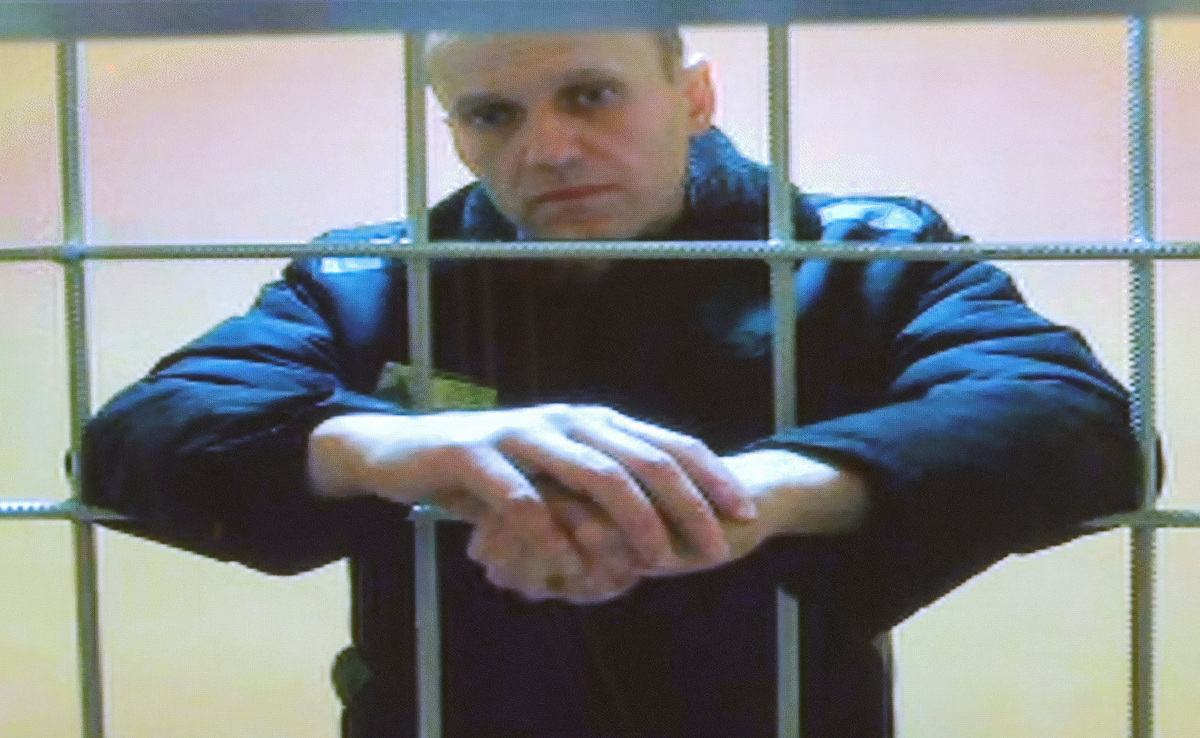
Jailed Russian opposition politician Alexei Navalny's chief of staff said worsening prison conditions were threatening his health as his Anti-Corruption Foundation prepares to turn upcoming local elections in Moscow into an anti-war vote.
Navalny was arrested in January last year when he returned to Russia from Germany, where he had been treated for what Western laboratory tests showed was a near-fatal attempt to poison him in Siberia with a Soviet-era nerve toxin. Russia denies trying to kill him.

He is serving 11-1/2 years in prison for parole violations, fraud and contempt of court charges which he denies.
In a post on his Twitter and Instagram accounts, each with millions of followers, Navalny wrote last week via his lawyers that he had been sent to a punishment cell for a third time in August in revenge for his political activity. The prison service did not respond to a request for comment.
The cell, two by three meters wide with table, chair and bed which is folded from 6 a.m. to 10 p.m., marks a significant worsening of conditions for the opposition leader, his chief of staff, Leonid Volkov, told Reuters in an interview.

"Suddenly, three weeks ago, they started to dramatically worsen his conditions, which actually poses an enormous threat to his health, because no normal person could spend a long time in that 'special' cell," he said in Vilnius, Lithuania, where most of Navalny's organization has been based since its operations were banned in Russia.
"And for Alexei, who had just survived the poisoning, it is especially dangerous," said Volkov, who keeps in touch through lawyers, adding that Navalny is still "mentally and physically very fit".
Volkov said the team had no idea what President Vladimir Putin was thinking and tried not to think about it. "The fact that Putin is losing (the war), and is getting less and less predictable, makes the situation more dangerous," he said.
Both the Kremlin and Putin say Russia's "special military operation" in Ukraine is going to plan, necessitated by the United States using Ukraine to threaten Russia through NATO enlargement and the persecution of Russian-speaking people.
Ukraine and its Western allies say those are unjustified pretexts for an unprovoked war of conquest.
Volkov said that as soon as Putin left the scene, Navalny would be released, but that there were no other certainties because the West's influence on Moscow, which had helped improve his jail conditions before, ended when Russia invaded Ukraine.
'TWO TO THREE YEARS'
Since the invasion in February, Navalny's team has turned to Youtube broadcasts to sway public opinion against the war launched by Putin, reaching 15 million people in Russia, Volkov said.
"We know that our operation helps to slowly change public opinion ... It will take two to three years to dramatically change the attitude of Russian society and to make his war so unpopular that he will not be able to continue," he said.
Navalny's team hopes to turn Sunday's municipal elections in Moscow into a protest vote by announcing support for 400 candidates who it says have opposed the conflict.
"They face a lot of pressure, even violence and brutality. They are getting beaten," he said. "So there are very ugly things happening and still people are fighting and we are supporting them."
The Kremlin did not immediately respond to a request for comment on Volkov's allegations, which Reuters could not immediately verify.
Volkov cautioned against proposals to ban Russians from the European Union, promoted by Baltic states and Poland which all border Russia, saying they were a propaganda gift to the Kremlin and that sanctions on key figures would work better.
(Reporting by Andrius Sytas in Vilnius; editing by Philippa Fletcher)







